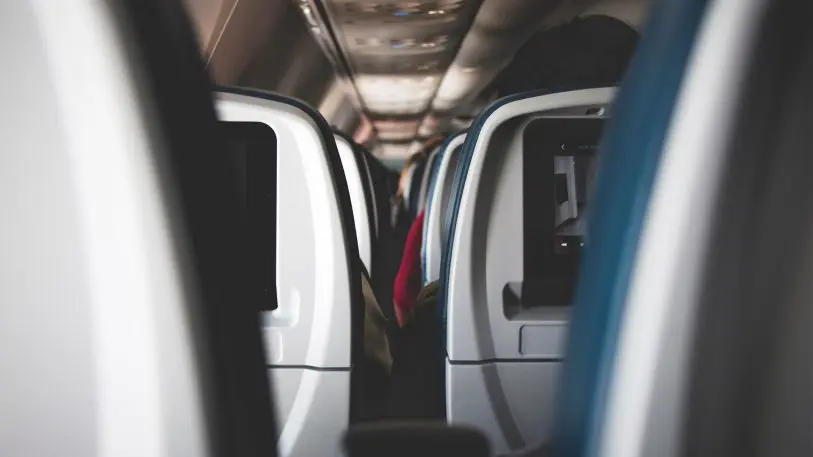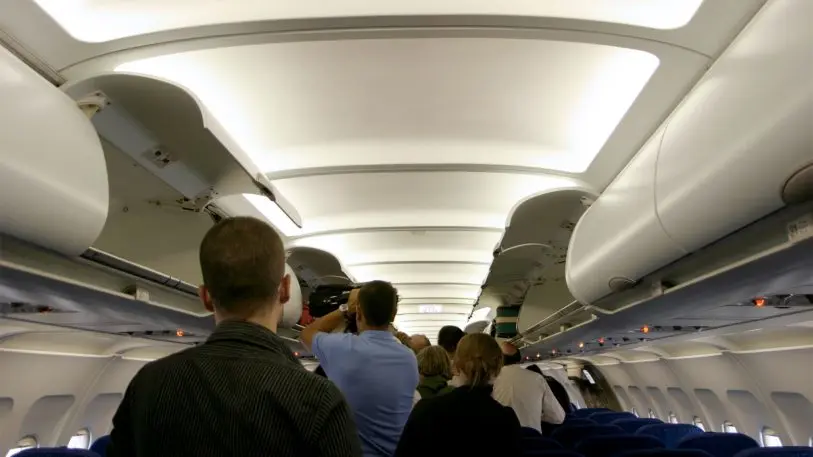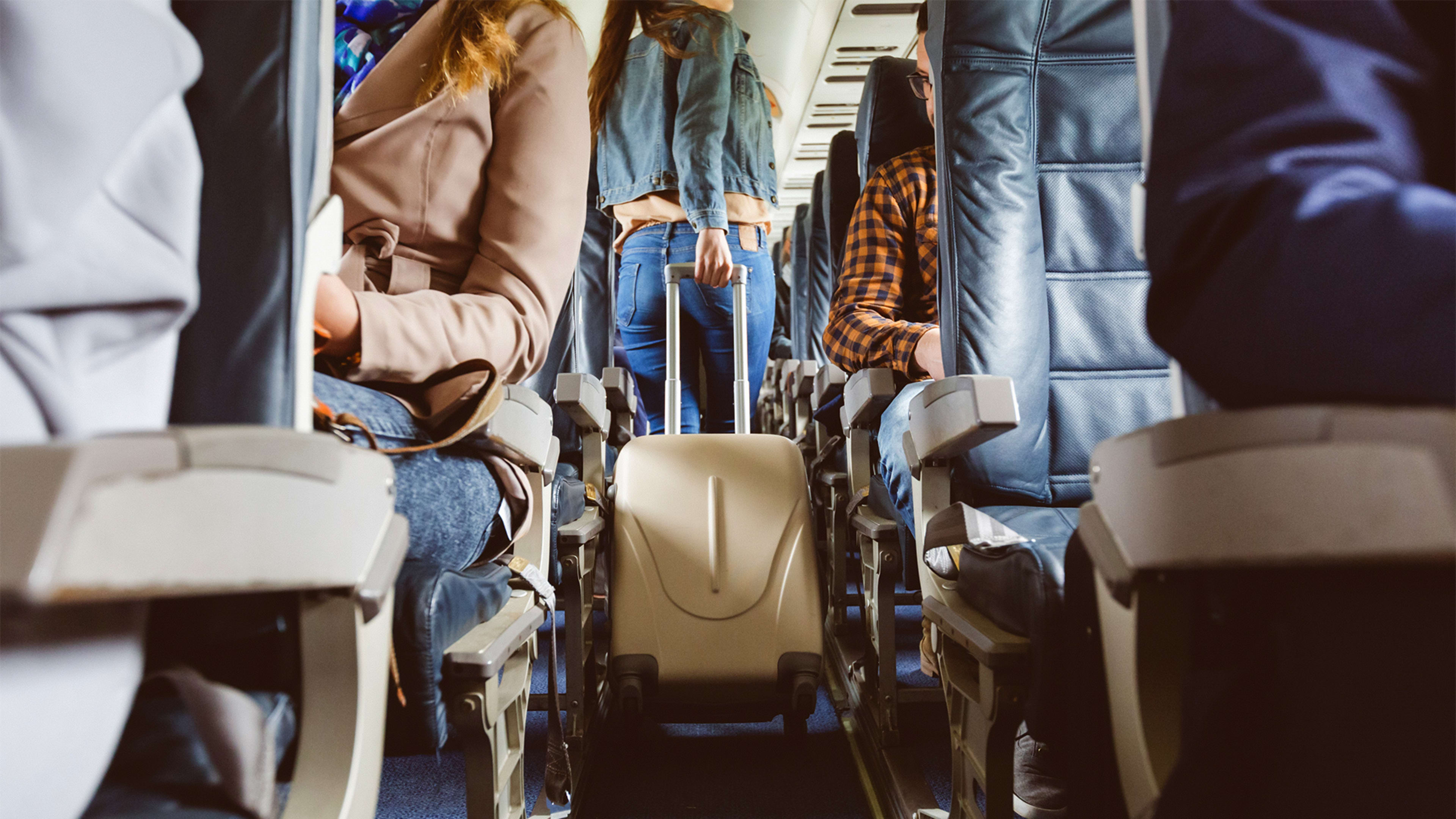From the SARS outbreak in 2003 to the Zika epidemic last year, airplanes have often served as ideal vehicles for propagating disease. The forced proximity. The long journey time. The mix of people from different locations. These factors all help illnesses to jump from one person to another, and from one continent to another.
This gives airlines a special responsibility as outbreaks occur. The decisions they make about who to board, and whether to fly at all, can have widespread consequences. And, according to new research, most carriers could do a better job than they do now. By changing how they board passengers, and perhaps by using different types of planes, they could stop people being infected so readily, the study shows.

The bad news is the current way of doing things actually produces the worst results. Boarding people in zones–first class first, business next, back-of-the-plane last, and so on–means that the greatest possible number of people are likely to come into contact with the infected person in Seat 10A. The zonal method sees passengers cluster in aisles as everyone waits to sit down. Mr. Seat 10A, for instance, hovers over the first nine rows as he makes his way to seat.
Zonal boarding may be efficient for airlines and help maintain the distinction between passenger classes. But it’s poor from a health point of view. “The policies that airlines have are designed for reducing time or cost. They are good for the airline. But it’s not beneficial for the people [using the service]. The airlines don’t think of disease outbreaks when they design these policies,” says one of the researchers, Anuj Mubayi, an applied mathematician at ASU.
The research tested several ways of boarding passengers, including a fully random free-for-fall and a zone or section-by-section approach. It finds a “two-section strategy,” where the plane is divided into two sections and passengers “randomly boarded within these sections” would reduce human contact the most, and therefore stop diseases spreading the most effectively. This produces a 27% reduction in the likelihood of an infection being transmitted to another individual, compared to zonal boarding, according to the model.
Moreover, using smaller planes—up to 50 seats—and running a more frequent schedule would also help curb outbreaks. That strategy produces an additional 13% reduction in infection likelihood. (The researchers also looked at different disembarking methods but found this made little difference, as people aren’t clustered together as long).

Europe and the U.S. largely resisted outright bans in favor of additional screening procedures). In October, under fire from Republicans during the campaign, the Obama Administration funneled anyone returning from affected regions to one of five airports where check-ups could take place (the U.S. had no direct flights with Guinea, Liberia, and Sierra Leone).
Rather than stopping flights to disease hotspots, Mubayi wants to keep them open while managing the risk. He says this avoids the economic disruption to countries and businesses from diseases, including to airlines that have to shut down their services. “We don’t have actual [economic] numbers in our study, but we can clearly see a huge advantage for airlines in using different kinds of boarding methods and not stopping these flights,” he says.
Mubayi’s team is building a software package it hopes to offer airlines and airports to make decisions during high-risk periods. He says he’s already spoken to airports, including Miami, about adopting the system.
The research indicates that something closer to Southwest Airlines’ random approach to boarding would help reduce people getting sick, even if the method would likely annoy business and first class passengers who would have to tough it with people in coach.
As for how individuals can avoid getting a sick, Mubayi recommends avoiding the back of the plane, where people tend to congregate around the bathroom and kitchen. These seats are most likely to bring you into contact with Mr. 10A.
In extreme situations, Mubayi says it could make sense for airlines to provide masks to people with higher seat numbers, though it’s hard to see this working in practice. I’m not sure I would want to sit next to someone on a long flight if they had an Ebola mask on, even if they were just trying to avoid infection.
Recognize your brand’s excellence by applying to this year’s Brands That Matter Awards before the early-rate deadline, May 3.
